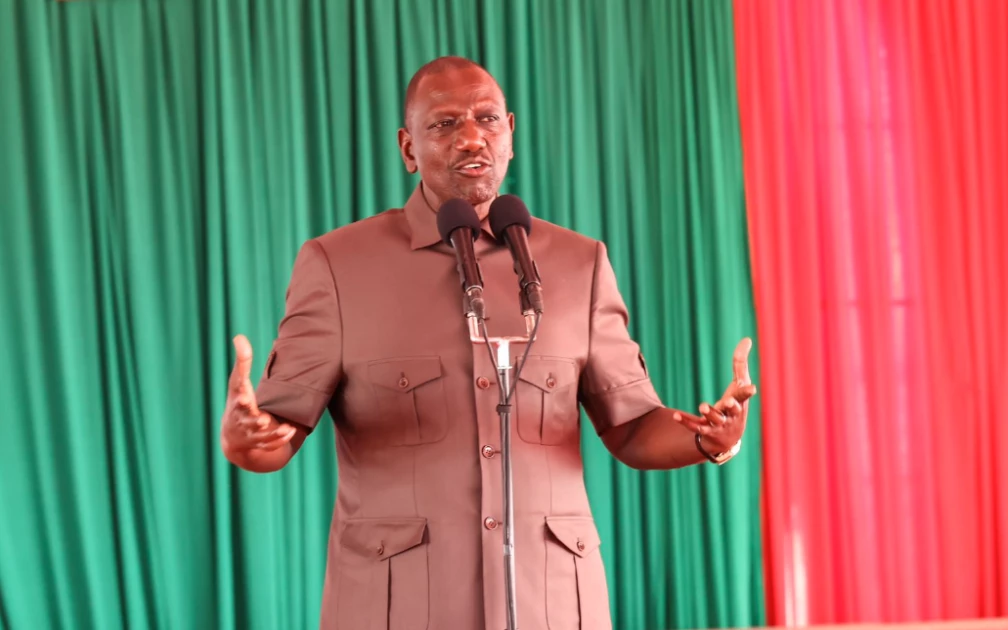President William Ruto has strongly defended his administration against a recent Economist article that claimed Kenya is “heading to a dangerous place.” In a pointed response issued through State House Spokesperson Hussein Mohamed, Ruto rejected the publication’s assessment as either “ignorant, distorted, or malicious.”
“This is not danger,” said Ruto. “This is what decisive leadership looks like. It involves tough choices and deep reforms.”
The President accused The Economist of selective reporting, arguing that the article failed to recognize major economic gains achieved under his leadership. He cited improvements in agriculture, universal healthcare, affordable housing, and job creation as evidence of progress.
Ruto highlighted Kenya’s economic resilience despite global headwinds such as drought, high debt levels, and inflation. He noted that Kenya’s GDP has grown at an average rate of five percent since August 2022. He also pointed out that inflation had dropped from 9.6 percent in October 2022 to 3.8 percent by May 2025, while the Kenya shilling strengthened by 20 percent against the US dollar. The Central Bank Rate, Ruto said, had declined from 13 percent to 9.75 percent, reducing the cost of borrowing.
“These numbers don’t lie. They tell the story of an economy on the rise, not in retreat,” he asserted.
The President also dismissed claims that multinational companies are leaving Kenya, naming Microsoft, Apple, Amazon Web Services, and BUPA Global as firms expanding their presence.
Addressing recent Gen Z-led protests, Ruto acknowledged public discontent and confirmed investigations into the death of 22-year-old protester Albert Ojwang. He emphasized that peaceful protest is protected in Kenya, while urging demonstrators to remain non-violent.
He defended the withdrawal of the Finance Bill 2024 as an example of responsive leadership. “We paused, listened, and responded. That is the essence of responsible governance,” he stated.
Ruto concluded by reaffirming his commitment to reform, stating, “We are fixing the roof now, not when the storm comes,” and challenged critics to present alternative visions at the ballot box, saying, “That’s democracy.”

